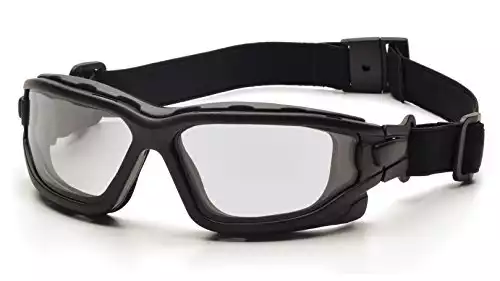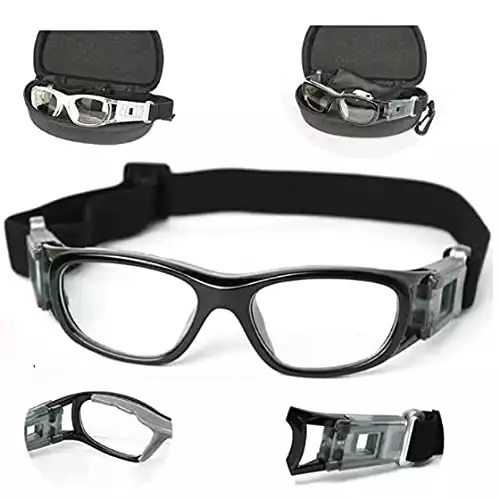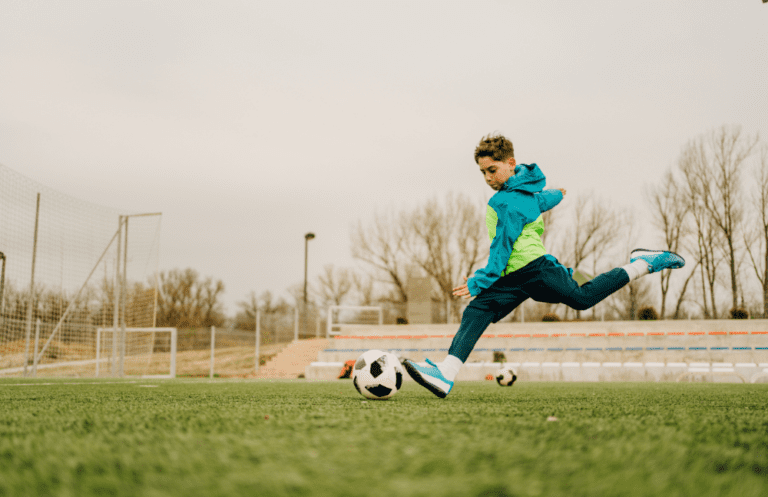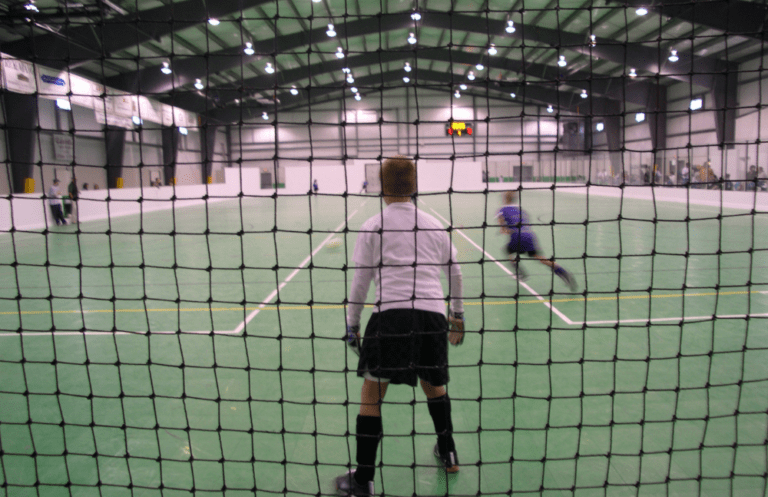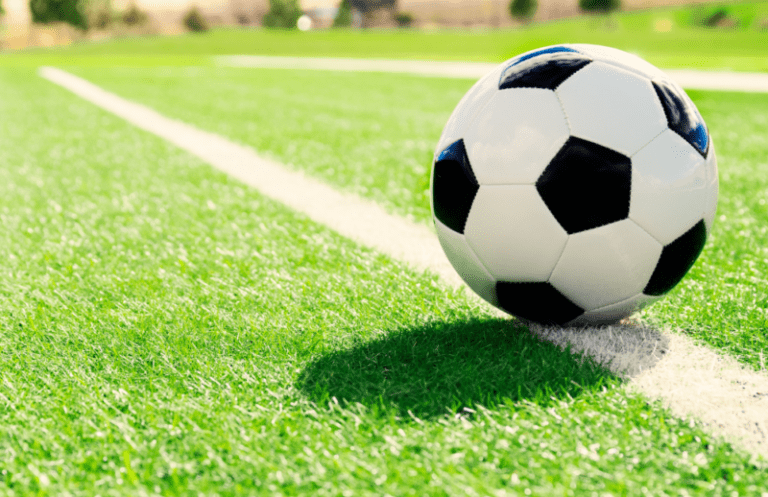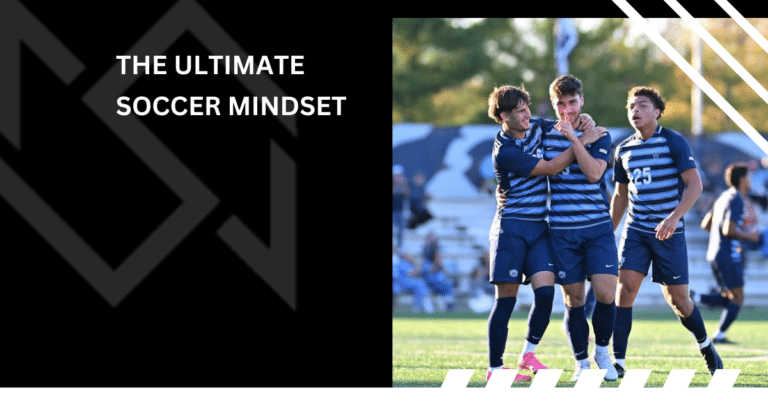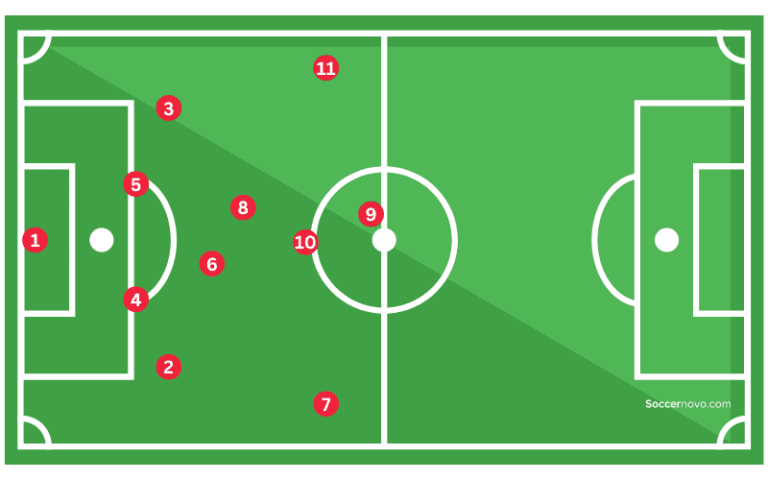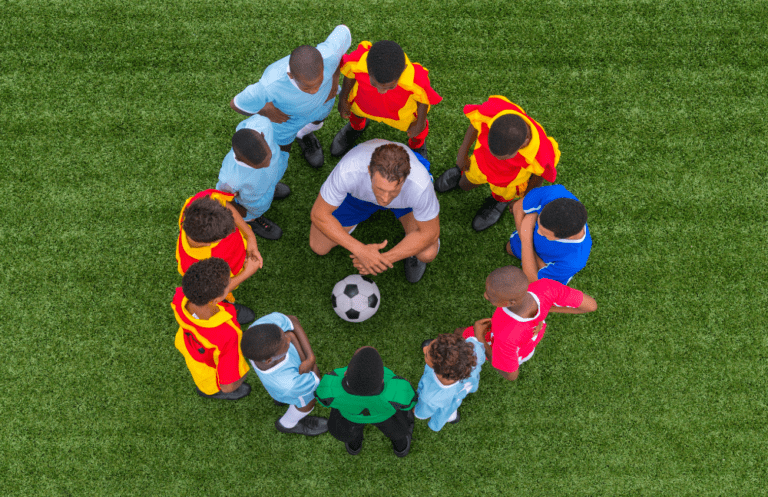Can You Play Soccer with Glasses?
Can you play soccer with glasses? Yes, you can wear spectacle glasses when playing soccer!
As an alternative, you can wear contacts. Many kids, including my son, prefer the contacts because they don’t have to worry about adjusting the glasses or having them fall off in the middle of a play. He also says his field vision is much better with them in. Many times, he doesn’t realize that he has contacts still in!
However, there are some things to consider to ensure your safety and comfort on the field. We’ll dig into them in this article.
Key Takeaways From This Article:
- Youth soccer players can wear glasses (not reading glasses) but it’s best to wear sports specs.
- If you can, sometimes wearing contacts is the best option.
- If you decide to wear glasses, get anti-fog glasses (as seen here).
Can You Play Soccer With Glasses?
According to FIFA and its ‘Laws of the Game‘, sports spectacles are allowed to be worn but everyday glasses (i.e. – reading glasses that you wear at home) are not.
One of the main concerns for those who wear glasses while playing soccer is the risk of injury to themselves and others. Understandably so! Glasses can easily fall off during a game, or even worse, shatter and cause harm to the player.
Performance-wise, glasses can fog up or become smudged, making it difficult to see the ball or other players. It can be very annoying to keep cleaning them on your jersey.
Despite these concerns, many soccer players do choose to wear glasses while playing but they opt for goggle-styled glasses like the pair below….
These are quality and very affordable glasses that don't get fogged up while playing soccer.
Ultimately, the decision to wear glasses while playing soccer is a personal one that should take into consideration safety, comfort, and performance.
The Pros and Cons of Playing Soccer with Glasses
Playing soccer with glasses can be a challenge, but it is certainly possible. Like almost everything in life, there are pros and cons. It’s important to weigh out these factors before making a decision.
Pros of Playing Soccer with Glasses
One of the main advantages of playing with glasses is that they can improve your vision on the field. If you have a strong prescription, wearing glasses can help you see the ball and your teammates more clearly.
Additionally, glasses can protect your eyes from stray balls and/or other hazards on the field.
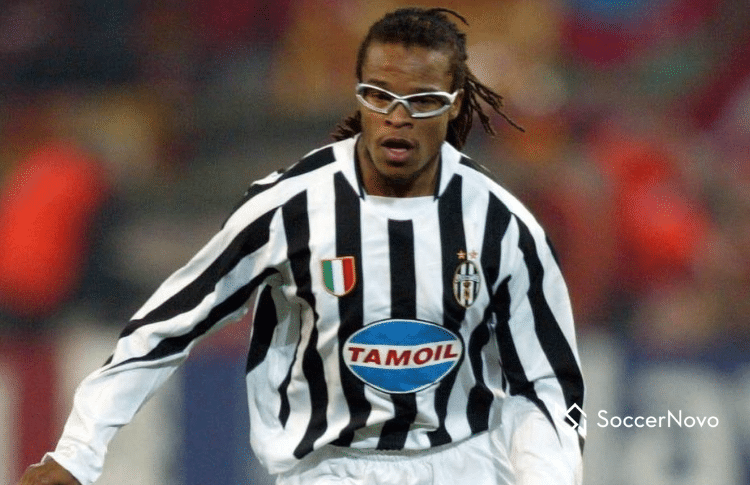
Cons of Playing with Glasses
There are also some downsides to playing soccer with glasses.
For example, glasses can easily fog up during a game, which can be distracting and make it difficult to see.
Glasses can also fall off or get knocked off during play, which can be frustrating and potentially dangerous. Or, simply annoying.
What to Consider When Choosing Glasses for Soccer
If you do decide to play soccer with glasses, there are a few things to keep in mind when choosing the right pair.
First, consider the fit of the glasses. They should fit snugly on your face and not slip around during play. You may also want to consider glasses with rubberized nose pads or temple tips to help keep them in place.
Another factor to consider is the type of lenses. Polycarbonate lenses are a good choice for sports because they are impact-resistant and less likely to shatter if hit by a ball or other object.
Anti-fog coatings can also be helpful in preventing your glasses from fogging up during play.
Last, consider the style of glasses for soccer. Wraparound styles (rec specs) can provide better peripheral vision and help keep out wind and debris.
Really any glasses with a sturdy frame and secure fit can work well for soccer. The quality and size matter most.
Tips for Playing Soccer with Glasses
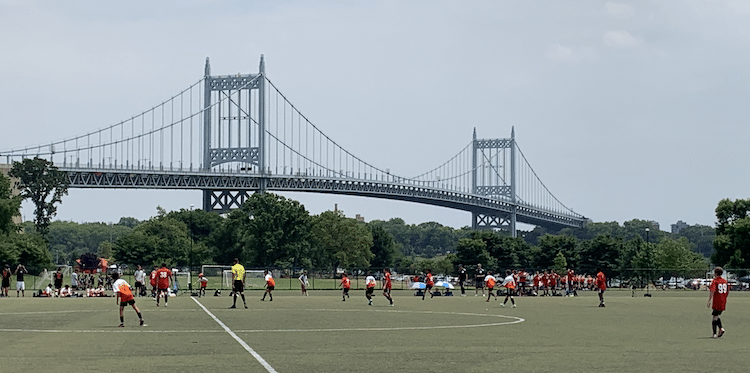
Playing soccer with glasses can be challenging. Here are some tips to help keep your glasses secure, protect them from damage, and deal with foggy glasses while playing soccer.
Keeping Your Glasses On
One of the biggest challenges of playing soccer with glasses is keeping them secure. Here are some tips to help:
- Choose glasses with a secure fit. They should feel really snug around your head. You can always break them in over time.
- Consider using sports goggles. Sports goggles are designed specifically for active sports and can provide better protection and stability than regular glasses.
- Use a strap or band to secure your glasses. You can purchase a strap or band that attaches to your glasses and wraps around your head to help keep them in place.
Protecting Your Glasses from Damage
Soccer is a high-impact sport, and glasses can easily get damaged. Here are some tips to help protect your glasses:
- Use polycarbonate lenses. Polycarbonate lenses are more durable and impact-resistant than regular lenses.
- Sports goggles are designed to provide better protection than regular glasses.
- Use a protective case. When you’re not playing soccer, keep your glasses in a protective case to prevent damage.
Dealing with Foggy Glasses
Foggy glasses can be a problem when playing soccer, especially in humid or hot weather. Here are some tips to help deal with foggy glasses:
- Use anti-fog wipes or sprays. Anti-fog wipes or sprays can help prevent your glasses from fogging up in the first place.
- Wear a headband. A headband can help absorb sweat and prevent it from getting on your glasses.
- Take a break. If your glasses are fogging up, take a break and wipe them off with a jersey or a clean cloth.
Should I Wear Contact Lenses?
One alternative to wearing glasses for soccer is to wear contact lenses. Contact lenses are a popular choice among athletes because they provide clear vision without the risk of glasses falling off or breaking during the game.
Some of the best professional soccer players wear contact lenses:
- Cristiano Ronaldo: Ronaldo has been known to wear contact lenses during games to improve his vision and performance on the field.
- Lionel Messi: Messi has also been known to wear contact lenses, particularly during night games when visibility can be reduced.
- Sergio Aguero: Aguero has worn contact lenses throughout his career to improve his vision and avoid the risk of injury from wearing glasses.
- Mario Balotelli: Balotelli has worn contact lenses in the past, but has since had corrective eye surgery to improve his vision.
- Pepe: The Portuguese defender has been known to wear contact lenses during games to improve his vision and performance on the field.
My son started wearing contact lenses during soccer games and it hasn’t given him any trouble. The only issue for him is that he tends to fall asleep in the car so sometimes he has to wait until we arrive at the game to put them in. Otherwise, they could hurt his eyes if he falls asleep with them in.
There will be times when the lenses get knocked out so having an extra set in your soccer bag could be helpful.
For Kids for Outdoor Sports Activities Soccer Football Anti Fog Replaceable to Prescription Lenses (Black)
Common Questions
In youth soccer, it is typically possible to wear normal glasses while playing soccer, but it is generally not recommended. For professional soccer, normal glasses are not allowed but sports spectacles are.
Yes, soccer players can wear contact lenses during soccer.
While good vision in soccer isn’t a requirement, it does help players be better. Spacial awareness, peripheral vision, and depth perception all play a key role in how well a player does in a soccer game.

